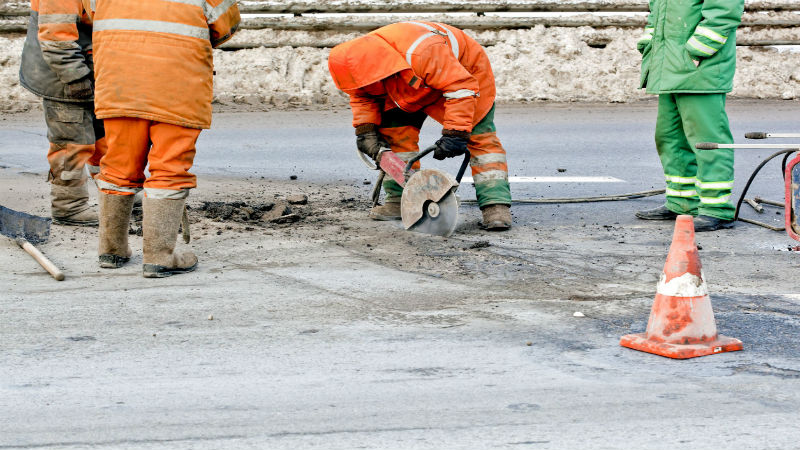To have an efficient process, it is important that all of your machines are at peak performance. In order to ensure your machines work efficiently, it is important to have all parts coated or plated in a protective coating to help protect parts from rust, chemical corrosion, and wear and tear caused by friction in moving parts by providing lubricating properties. There is a variety of protective coatings available on the market and it is important to speak with an industrial coating expert to ensure you are getting the best coating for your money.
Variety of Industries
Protective coatings can ward off damage from everything from UV rays and oxidation to moisture and corrosion caused by a variety of chemicals present in environmental and applications in the steel, oil and gas and automotive industries. By using protective coatings, you can rest assured that your machine will run smoothly and efficiently, helping to reduce interruptions to your business that may occur from machine wear.
These coatings help to increase the lifespan of your parts which in turn helps to save on restoration and part replacement costs. The most common types of protective polymers and techniques used include:
* Powder Coating – a powder applied electrostatically and cured under heat to form a protective film. Powder coating comes in a variety of types, including thermoplastic powders that can serve as a stainless steel replacement, used in various applications such as the food industry.
* Polyurethane – serves to coat and seal the surface using a fluorine-carbon bond, the strongest among chemical bonds, that is resistant to weather, UV, acids, chemicals, solvents, corrosion and other damaging factors. This can also be used to make things such as hard plastic parts.
* Epoxy – two part coating systems provide a very hard and protective, heat-resistant surface when applied to a metal substrate. Polyester epoxies can be used in powder coatings to protect against corrosion in steel pipes for industries such as the oil and gas industry.
* Fluoropolymer – a fluorocarbon polymer with a high number of strong carbon-fluorine bonds that create a tough protective surface that provides a coating resistant to solvents, bases, and acids.
Other types of industrial coatings including inorganic zinc and phosphate coatings that are equally resistant to a variety of chemical corrosion and weather surface damage.






